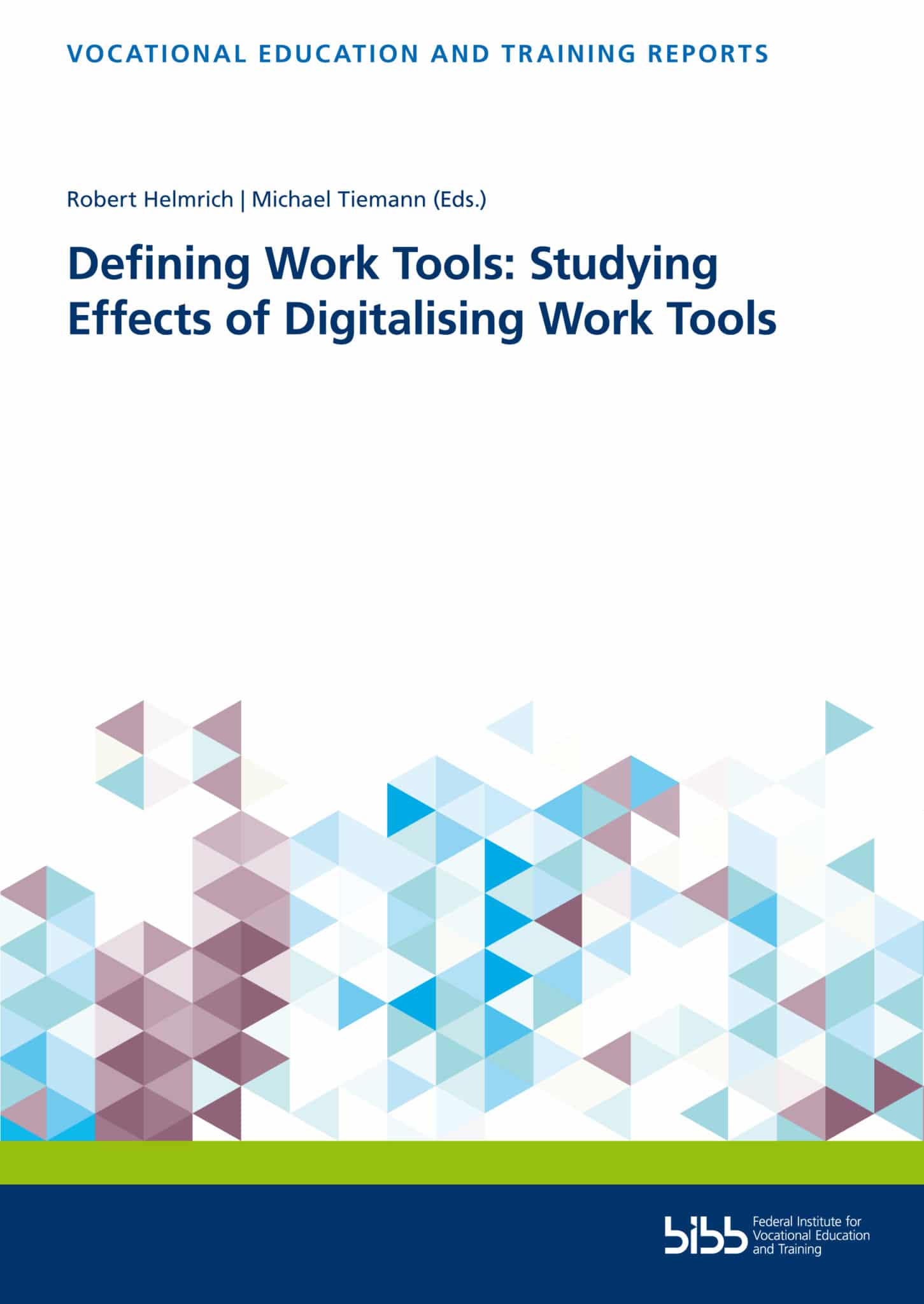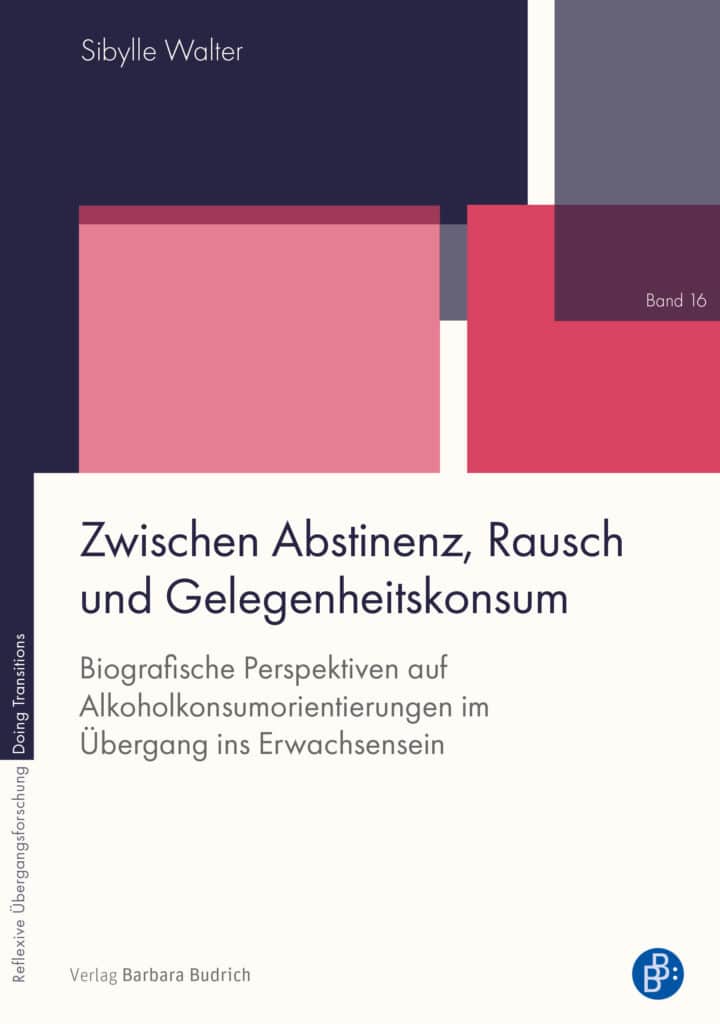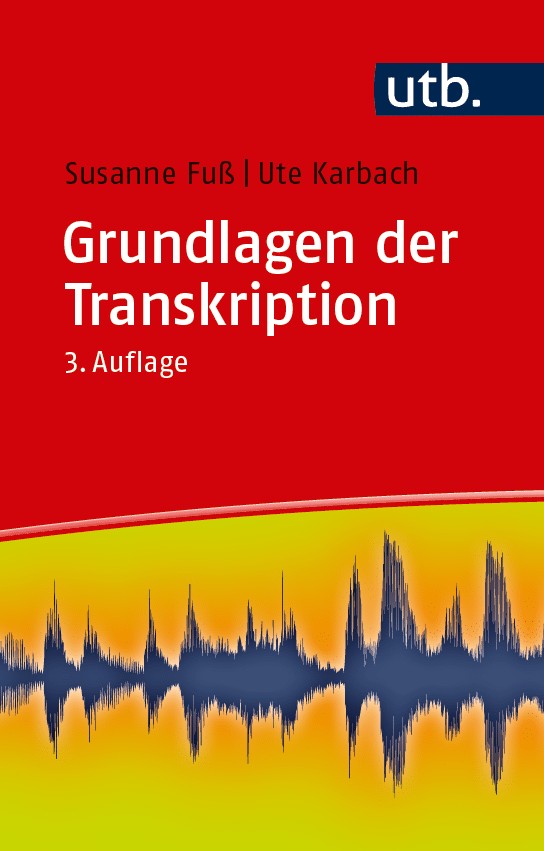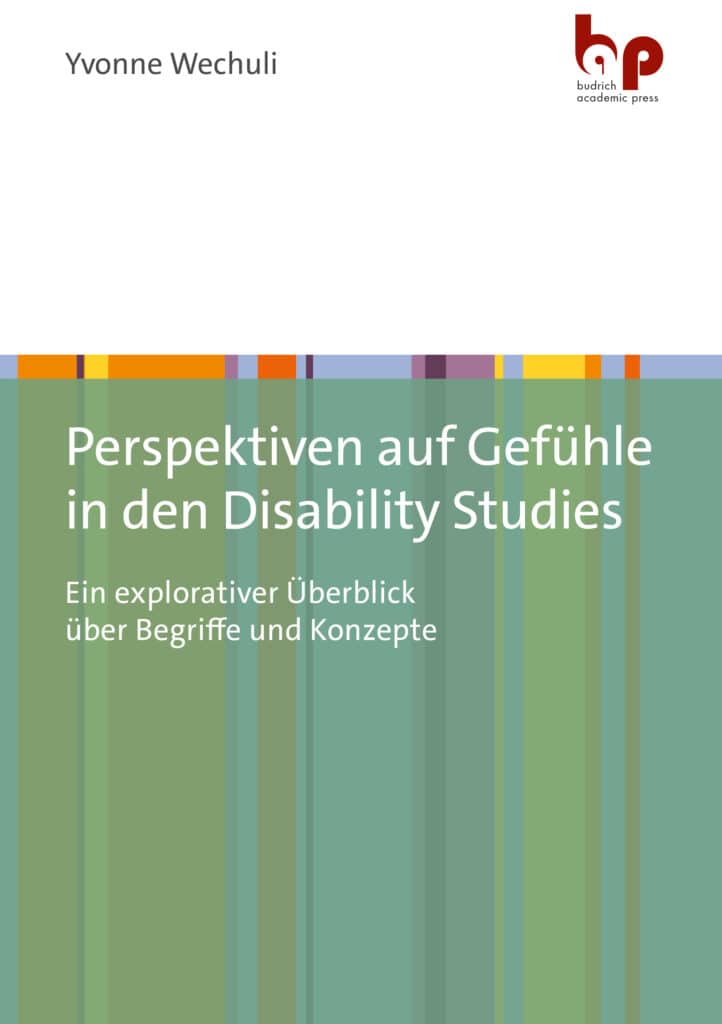Informationen zum Buch
Home » Publications » Defining Work Tools: Studying Effects of Digitalising Work Tools
Defining Work Tools: Studying Effects of Digitalising Work Tools
Erscheinungsdatum : 09.03.2020
34,90 €
Beschreibung
Open Access: Der Titel Defining Work Tools: Studying Effects of Digitalising Work Tools ist kostenlos im Open Access (PDF) herunterladbar oder kostenpflichtig als Print-Ausgabe erhältlich. Dieser Beitrag ist beim Bundesinstitut für Berufsbildung erschienen und steht unter der Creative Commons Lizenz: https://creativecommons.org/licenses/by-nc-nd/4.0/deed.de
Change in the world of work, be it in the form of digitalisation or other, is often discussed in broad terms of possible losses of jobs or huge restructurings of whole branches. Seldom do we look at what workers actually do at their workplaces – and how. But obviously technological change will affect the things we work with, our work tools. This reader combines empirically grounded insights into how changes in work tools affect our work and how we react to it. In this sense it is a “hands-on” approach to fi nd out more about the impacts digitalisation might have on qualifi cation and the labour market. Work tools can be used to link analytical perspectives to investigate the effects of digitalisation on workplaces and employment, to understand the demand for specifi c competences within occupations and also to arrive at a workspace-specifi c understanding of said changes.
The Editors:
Robert Helmrich – Germany; Head of Division „Qualifi cations, Occupational Integration and Employment“; Federal Institute for Vocational Education and Training (BIBB); research topics: qualifi cation development, occupational structures, new technologies and production processes, labour market forecasts.
Michael Tiemann – Germany; research associate; Federal Institute for Vocational Education and Training (BIBB); research topics: effects of digitalisation on the labour market, knowl- edge in work, employment surveys.
Target group:
lecturers and researchers in vocational education and sociologie
Zusätzliche Informationen
| Publisher | |
|---|---|
| ISBN | 978-3-8474-2992-0 |
| Format | 17×24, vierfarbig |
| Scope | 108 |
| Year of publication | 2020 |
| Date of publication | 09.03.2020 |
| Edition | 1. |
| Language | Englisch |
| Series |
Autor*innen
Beschreibung
Beschreibung
Open Access: Der Titel Defining Work Tools: Studying Effects of Digitalising Work Tools ist kostenlos im Open Access (PDF) herunterladbar oder kostenpflichtig als Print-Ausgabe erhältlich. Dieser Beitrag ist beim Bundesinstitut für Berufsbildung erschienen und steht unter der Creative Commons Lizenz: https://creativecommons.org/licenses/by-nc-nd/4.0/deed.de
Change in the world of work, be it in the form of digitalisation or other, is often discussed in broad terms of possible losses of jobs or huge restructurings of whole branches. Seldom do we look at what workers actually do at their workplaces – and how. But obviously technological change will affect the things we work with, our work tools. This reader combines empirically grounded insights into how changes in work tools affect our work and how we react to it. In this sense it is a “hands-on” approach to fi nd out more about the impacts digitalisation might have on qualifi cation and the labour market. Work tools can be used to link analytical perspectives to investigate the effects of digitalisation on workplaces and employment, to understand the demand for specifi c competences within occupations and also to arrive at a workspace-specifi c understanding of said changes.
The Editors:
Robert Helmrich – Germany; Head of Division „Qualifi cations, Occupational Integration and Employment“; Federal Institute for Vocational Education and Training (BIBB); research topics: qualifi cation development, occupational structures, new technologies and production processes, labour market forecasts.
Michael Tiemann – Germany; research associate; Federal Institute for Vocational Education and Training (BIBB); research topics: effects of digitalisation on the labour market, knowl- edge in work, employment surveys.
Target group:
lecturers and researchers in vocational education and sociologie
Bibliography
Zusätzliche Informationen
| Publisher | |
|---|---|
| ISBN | 978-3-8474-2992-0 |
| Format | 17×24, vierfarbig |
| Scope | 108 |
| Year of publication | 2020 |
| Date of publication | 09.03.2020 |
| Edition | 1. |
| Language | Englisch |
| Series |









